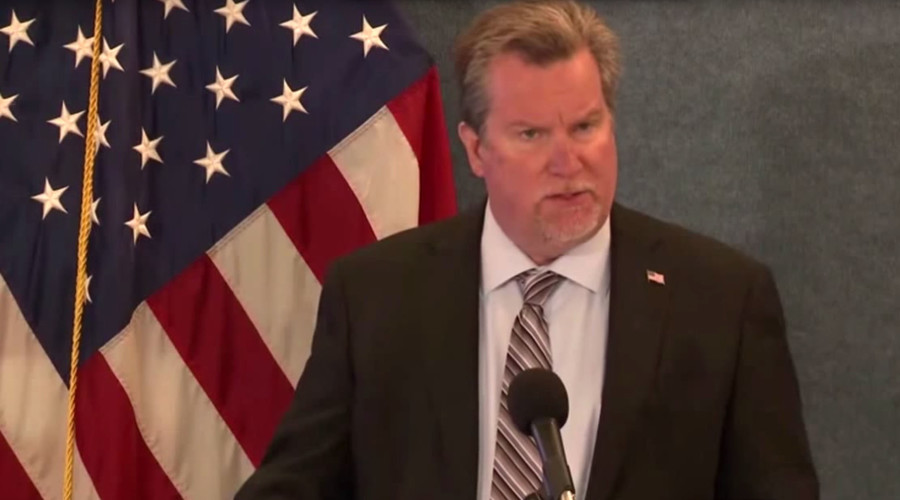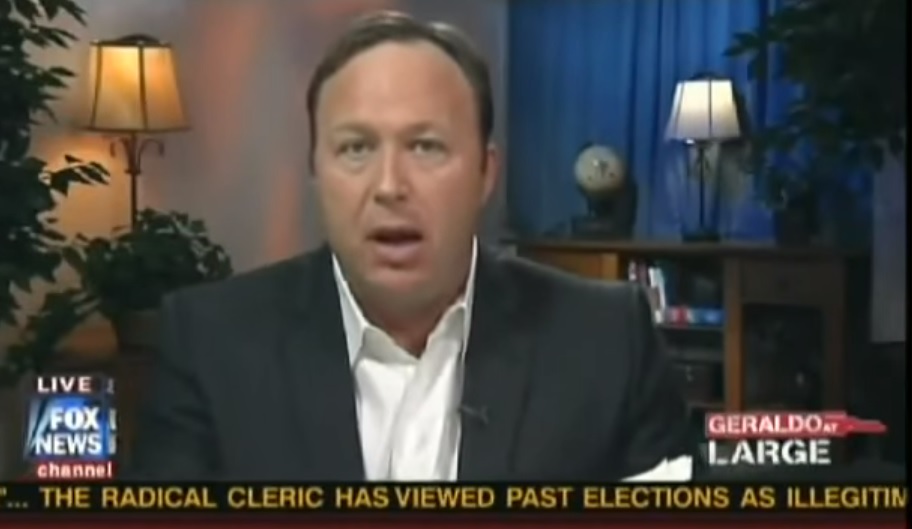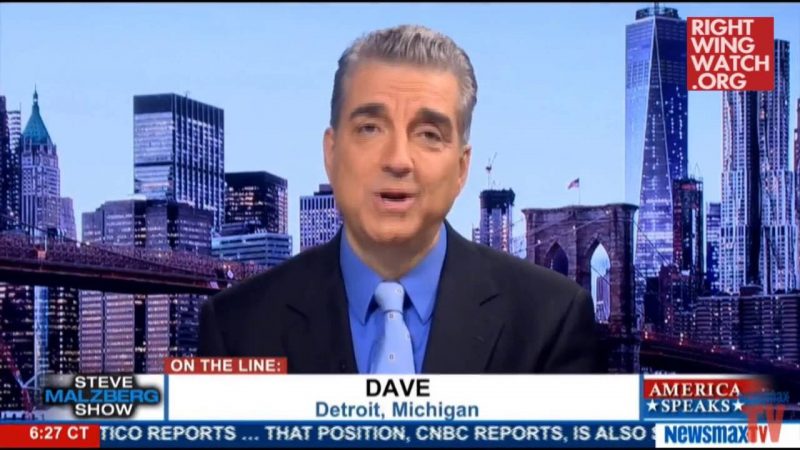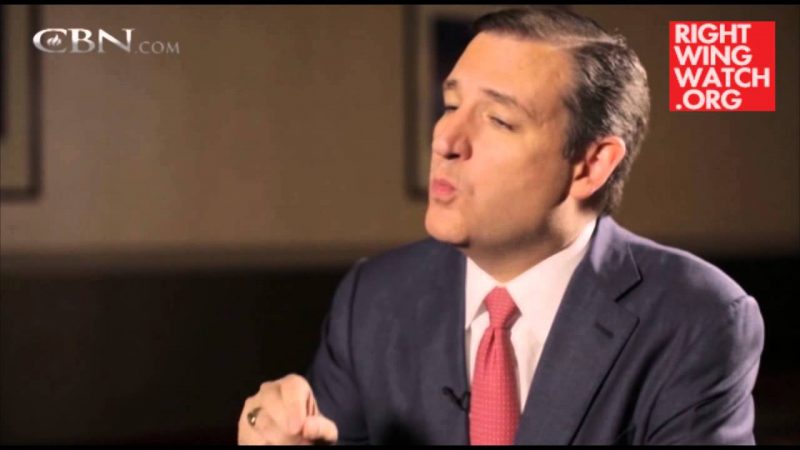Last week, The Barna Group, an evangelical Christian research and publishing outfit, released a poll saying that the priorities of evangelicals are far different than those of other Americans.
Other polls suggest that many evangelical Christians in fact have priorities that are closer to the public at large than to those of the Religious Right’s self-proclaimed leaders. So why would an organization whose purpose is “to be a catalyst in moral and spiritual transformation in the United States” proclaim that evangelicals are out of the political mainstream?
It could be about the struggle within the Religious Right over who speaks for evangelical Christians. Movement leaders like James Dobson of Focus on the Family and Tony Perkins from the Family Research Council insist that criminalizing abortion and opposing legal equality for gay people must remain the overriding priorities for Christian involvement in the public square. The emergence of an active pro-environment movement among evangelicals has provoked foot-stomping outrage from the likes of Dobson and Perkins.
Barna weighs in with the supposed finding that evangelicals consider the environment a low priority:
… evangelicals stood out regarding their views on the environment. Only 35% said that protecting the environment should be a top priority – the lowest score recorded among any of the 80 subgroups studied. The national average was 60%.
But the environment is not the only issue in which Barna finds evangelicals out of the mainstream:
Oddly, evangelicals were also 20 percentage points below the national norm in saying that improving the overall care and resources devoted to children is an absolute necessity. Again, that placed evangelicals at the lowest end of the continuum in terms of support for that idea. Evangelicals were also 12 percentage points below the national average regarding the necessity of improving the quality of public school education and enhancing the lives of the poor and disadvantaged. That outcome also positioned evangelicals as the group least likely to portray those two issues as top priorities for the nation.
Many people would indeed find it “odd” that evangelical Christians put such a low priority on children and the poor. The truth is that most of them don’t. Large majorities of evangelicals, like the vast majority of Americans, believe that addressing poverty and providing people with access to affordable health care are more important than restricting abortion and gay rights. When they think about voting their values, a candidate’s character and integrity is far more important.
So how is it that Barna comes up with numbers that are so different from other pollsters?
In polling, there’s no hard science to defining a group like evangelicals, but it’s important to know that Barna uses an extremely restrictive definition of “evangelical” that defines most born-again Christians out of that term. In effect, Barna screens out everyone but the most traditional evangelicals – that’s why “evangelicals” by Barna’s definition are only 8 percent of the population, while other polls put the figure at about three times that. The result is reminiscent of the way that Religious Right leaders claim people with different political views cannot be “real” Christians.
The interesting thing about this narrow definition of “evangelical” is that it doesn’t seem to bother the right-wing political organizations who claim to represent “evangelicals” – nor do they appear surprised by the poll results, for that matter:
[Stuart Shepard of Focus on the Family] said Focus on the Family Action has been strongly encouraging evangelicals to not allow global warming alarmism to become a defining or a dividing issue.
“Most evangelicals do not and should not see this as an issue that would rise to the level of evangelism, the sanctity of life, and the protection of marriage and religious liberty.”
Tony Perkins, president of the Family Research Council, said the poll doesn’t mean evangelicals are not interested in taking care of the planet.
“Despite what the media may want to project upon evangelicals,” he said, “they understand that if we, as a nation, get the spiritual issues right and build strong marriages and families — most of the other problems will be solved.”
So apparently, all we need to do to address problems having to do with global warming, the quality of public education, and national security is to simply focus on building strong marriages and families.








